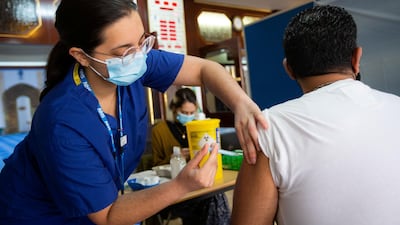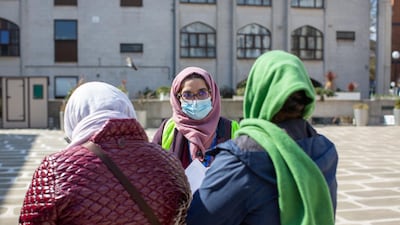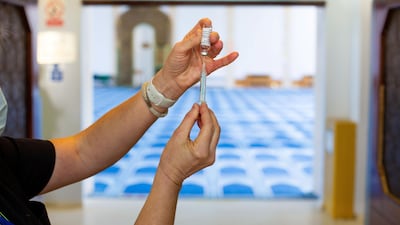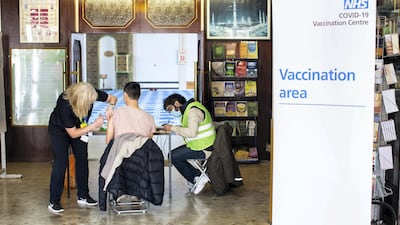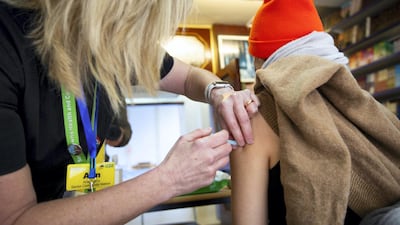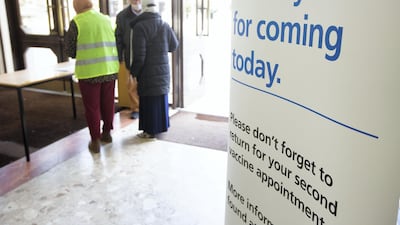Vaccination protects people who have recovered from Covid-19 from variants of the coronavirus, according to new research.
Viruses change over time as they accrue mutations, leading to new strains, which can be more transmissible, deadly – or both.
Scientists say that could put people at risk of reinfection.
Studies have shown the immune response produced by an infection by an original strain is not as strong against some variants.
One that emerged in Brazil, for instance, was able to infect 25 to 61 per cent of people who should have expected to be immune after recovering from an earlier bout of Covid-19. The research was carried out in the rainforest city of Manaus, which suffered two severe waves of the virus.
The strain, called P1, was found to be six times less sensitive to antibodies produced by the original virus that emerged in China.
But early research from the US has found that people can better protect themselves from emerging strains by getting vaccinated.
Although the sample size was small, the results were encouraging for researchers.
The study looked at antibodies produced by 10 people who recovered from a previous infection before and after they received two doses of the Pfizer-BioNTech vaccine. This was compared to 20 people with no history of infection before they were vaccinated. Their blood was tested against the UK, South African and Brazilian strains.
Vaccination significantly boosted pre-existing levels of antibodies to the spike among the 10 who recovered from the virus. It was not, however, significantly higher compared to the 20 who had no prior infection.
But the neutralising ability of those who previously had the virus was noticeably higher, said researchers.
“Vaccination boosted pre-existing levels of anti-SARS-CoV-2 spike antibodies 10-fold in previously infected individuals, but not to levels significantly higher than those of uninfected vaccines,” wrote the study authors from Oregon Health and Science University.
“However, neutralising antibody titers increased in previously infected vaccinees relative to uninfected vaccinees against every variant tested: 5.2-fold against B.1.1.7 [UK variant], 6.5-fold against B. 1.351 [South African variant], 4.3-fold against P. 1 [Brazilian variant], and 3.4-fold against original SARS-CoV-2.”
That means a “first generation” Covid-19 vaccine provides “broad protection” from SARS-CoV-2 variants in those who had a previous infection, they said.
The neutralising ability of vaccines has been effected by variants, but in most cases they still work.
A recent study found the Covaxin remains effective against the recently discovered Indian variant.
Blood serum was collected from 12 people who experienced symptomatic or asymptomatic infections from the Indian variant and fully recovered. Samples were also collected from people who had been vaccinated.
They were then tested to see how well they neutralised the Indian variant and both batches offered high levels of protection. The serums from recovered patients provided 87 per cent immunity and the serums of vaccine recipients 88 per cent.
The Pfizer-BioNTech vaccine also appears to be effective against it, said BioNTech co-founder Ugur Sahin.
"We are still testing ... but the Indian variant has mutations that we have already tested for and which our vaccine works against, so I am confident," he said last week.
